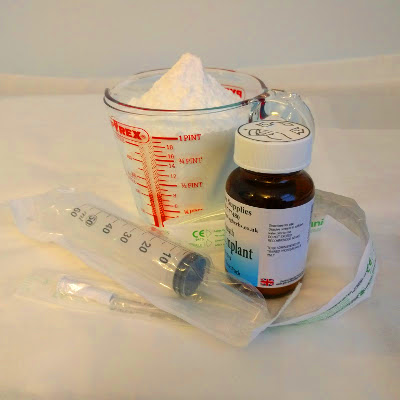
The fact that one in four people suffers from irritable bowel syndrome (IBS) makes it one of the most common medical conditions in the world. The disease is also known as intestinal neurosis.
In comparison with other diseases of the gastrointestinal tract, IBS stands out the most. After all, it would seem nothing can provoke it. Besides, in patients with IBS, there is usually no damage to the intestinal mucosa by pathogens. There is also no pathology from the tissues of the intestinal tract of inorganic origin. Nevertheless, the illness still unexpectedly happens. Numerous surveys cannot establish what happens to the human body when the disease appears.
Functions
Medical scientists commonly suggest that stress is the direct cause of irritable bowel syndrome in most cases.

Alkalising colonic irrigation with sodium bicarbonate
Safe and effective colon hydrotherapy includes an initial consultation. Consequently, sodium bicarbonate delivered to the colon through hydrotherapy can kill off candida.
To understand why this happens, you also need to understand the mechanism of the intestine. The colon’s primary functions are the absorption of water and minerals and the excretion of waste from the body. The latter role occurs through the contraction of the muscles of the colon’s walls and the release of mucus.
Irritable Bowel Syndrome (IBS): causes of development.
It will probably seem surprising to many, but the intestine does not always work by itself automatically. In stressful situations, malfunctions take place. The brain gives wrong signals to the intestines and, in turn, incorrectly informs the mind of the processes occurring in it. There is a violation of intestinal motility. The slightest discomfort in the intestines causes severe pain. It is due to another critical circumstance in which the disease develops – an increased sensitivity to pain.

Food intolerance test of 208 ingredients
This is our most comprehensive food and drink test. It analyses your client’s IgG antibody reactions to 208 food and drink ingredients. This test will highlight their food triggers and help you formulate an IgG-guided elimination diet together.
Reasons
However, stress and low pain thresholds are often not the only factors causing the illness. In most cases, there is a whole range of reasons.
Circumstances that contribute to the development of IBS:
- dysbacteriosis;
- irregular and unbalanced nutrition;
- a sedentary lifestyle;
- genetic predisposition;
- violation of hormonal balance in women.
Personal diet plays an essential role in the development of IBS. Some specific categories of food contribute to the appearance of irritable bowel syndrome (IBS).
Colonic irrigation in our clinic strengthens the muscles and restores the colon’s capacity, contributing to the health of the whole body.

Probiotic implant and alkalising colonic with bicarbonate of soda
Alkalising colonic irrigation with bicarbonate of soda and high strength probiotic implants and comprehensive consultation is available at Parkland Natural Health Clinic.











